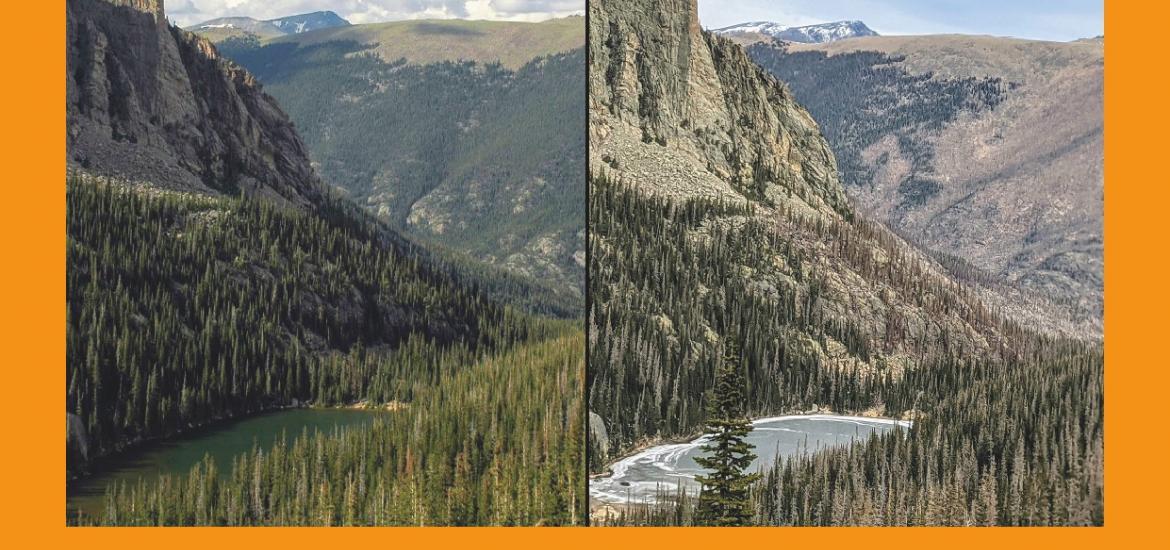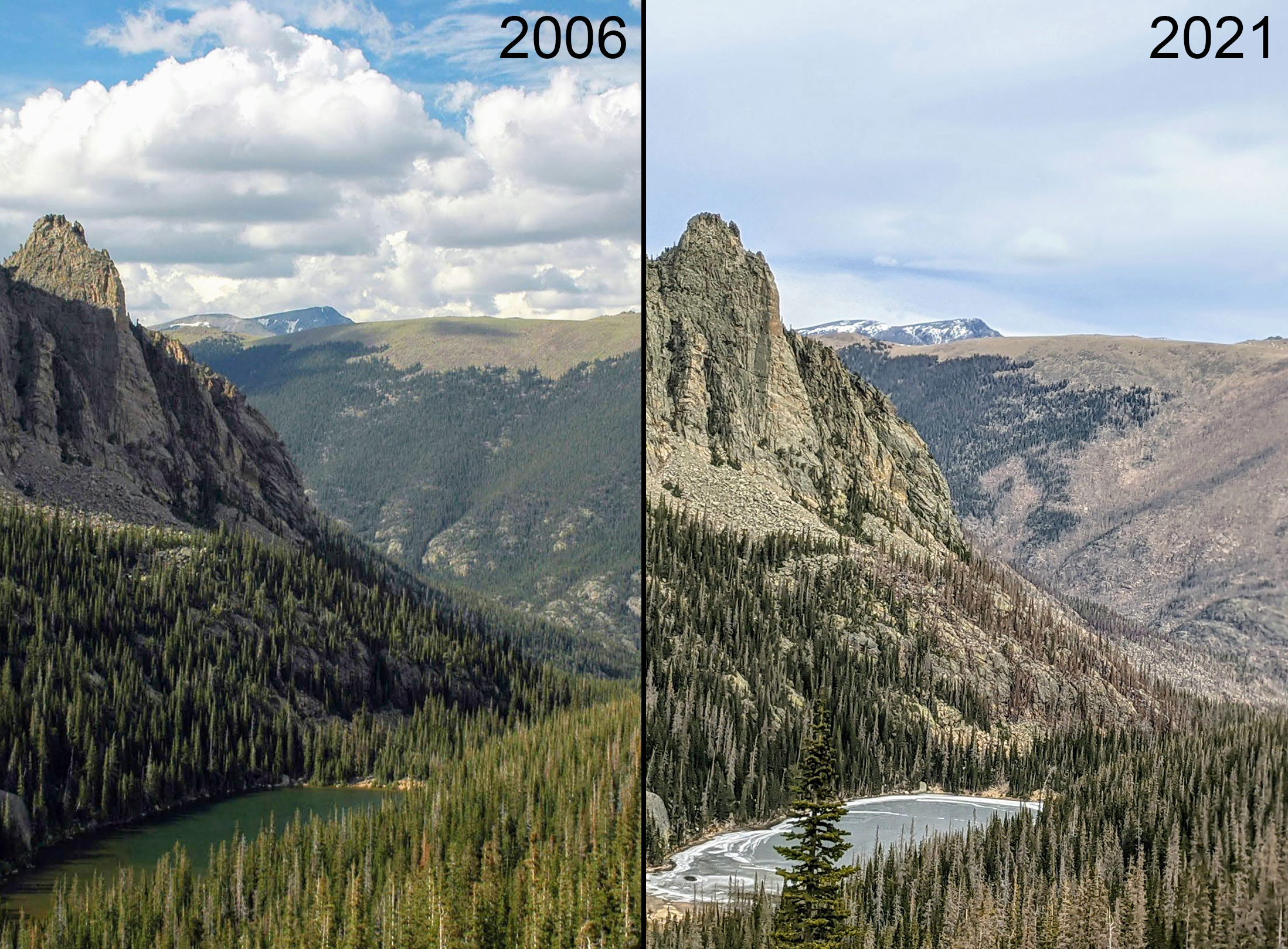- Home
- All News Overview
- Out Now! Past Global Changes Magazine (30)1: “Using Paleoecology In Restoration Ecology”

Monday, 4 April, 2022
The Pages Past Global Changes Magazine vol.30 no.1: "Using Paleoecology in Restoration Ecology" is available to read.
2021 marked the beginning of the UN Decade on Ecosystem Restoration, aiming to prevent, halt and reverse the degradation of ecosystems worldwide. Honoring this important initiative, this issue of PAGES Magazine highlights the immense, and largely untapped, potential for synergy between paleoecology and restoration ecology. Examples illustrate the importance of paleoecology in establishing restoration “baselines” or reference conditions, determining the degree of anthropogenic impact, maintaining cultural landscapes, managing fire, and restoring missing ecosystem processes such as herbivory and pollination. This issue highlights opportunities to seamlessly integrate paleoecology and neo-ecology alongside other disciplines and knowledge streams, thereby contributing to the mainstreaming of long-term data into restoration ecology and biodiversity conservation.
* NOTE
If you are interested in receiving a hard copy of the magazine, please complete this online form with your updated postal address by 10 April: https://pastglobalchanges.org/form/pages-magazine
Table of contents “Using Paleoecology in Restoration Ecology”
Editorial
- Mainstreaming paleoecology into ecosystem restoration
Science highlights
- Multiple baselines for restoration ecology
- Paleoecology-guided ecosystem management and restoration in the Western Mediterranean
- The value of long-term history of small and fragmented old-growth forests for restoration ecology
- Understanding and enabling variability in wetlands
- How paleoecology can support peatland restoration
- The future of the past: Applications of paleoecological findings in peatland restoration in Indonesia
- The use of paleoecological data in mire and moorland conservation
- Paleoecology helps optimize restoration efforts by identifying unrealistic pre-anthropic targets
- Towards integrating paleoecological and traditional knowledge to preserve the Ethiopian Ericaceous belt
- The role of paleoecology in restoring and managing the Patagonian landscape
- Millennial scale perspective on biodiversity conservation of the forest-steppe ecotone in Europe
- Paleoecological records inform conservation management in New Zealand
- Using the knowledge of past ecosystem turnover to inform restoration efforts: A case study from Nigeria
- Challenges to forest restoration in an era of unprecedented climate and wildfire activity in Rocky Mountain subalpine forests
Internship report
- Sociological analysis of the PAGES network
Editorial
- Socio-ecological approaches to conservation
Science highlights
- Higher fuel loads and more fire follow removal of Indigenous cultural burning across southeast Australia
- Blending tree-ring fire-scar records and Indigenous memory in northern Minnesota, USA
- Landscape conservation and the ancient technique of pastoral fire in the western Pyrenees
- Socio-ecological vulnerability and adaptation of southwestern Malagasy to changing environment and climate
- Combining paleoecological and archaeological records to inform fire management and ecosystem conservation in Killarney National Park, Ireland
- Paleoscience–policy "commons": Connecting the past to a sustainable future in a human-dominated tropical biodiversity hotspot
- Future fire predictions in light of millennial fire regime variability in Corsica, France
- Transforming tree-ring research through collaborations with Indigenous peoples
- Working with: The ethics and practices of engaging Indigenous peoples in scientific research
Program news
- Phase 4 of the PAGES 2k Network: Hydroclimate of the Common Era
- The second phase of the Cycle of Sea-Ice Dynamics in the Earth System (C-SIDE) working group
- Q-MARE working group
- Expanding PlioVAR to PlioMioVAR
Workshop reports
- Towards reliable proxy-based reconstructions: Community perspectives and criteria for the ACME database
- Unraveling the complex relationship between solid-Earth deformation and ice-sheet change
- An update on advances in paleoscience in the Carpathian-Balkan region
- PAIGE: Chronologies for Polar Paleoclimate Archives – Kickoff conference of a new Italian–German partnership project
- C-PEAT at COP26
- Land-cover and land-use change through the Holocene: Wrapping up the PAGES LandCover6k working group
Data stewardship
- Data stewardship projects underway
- What can APIs do for you?
